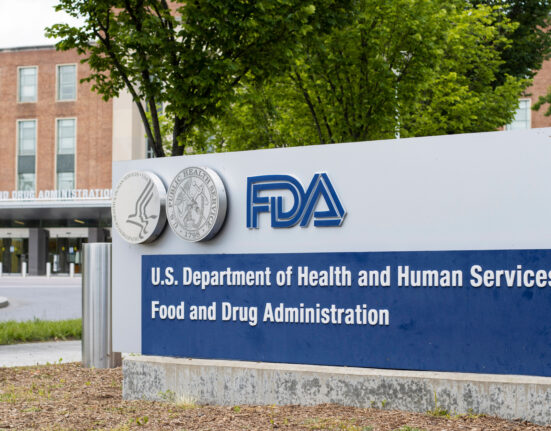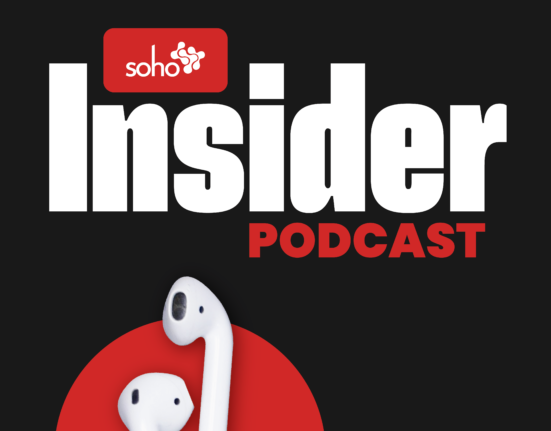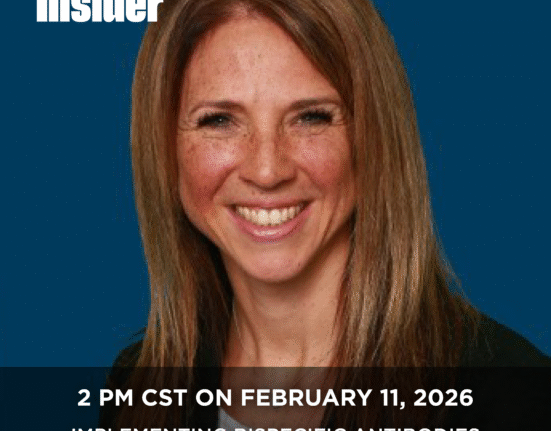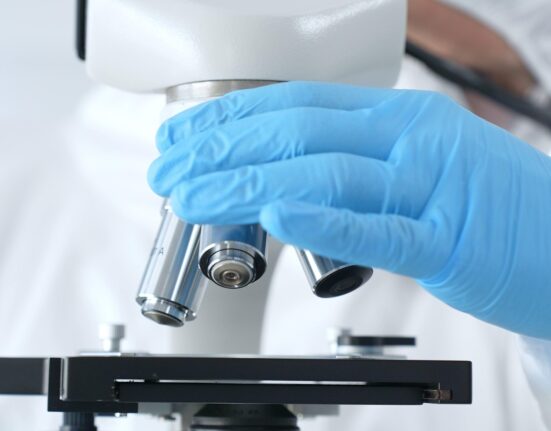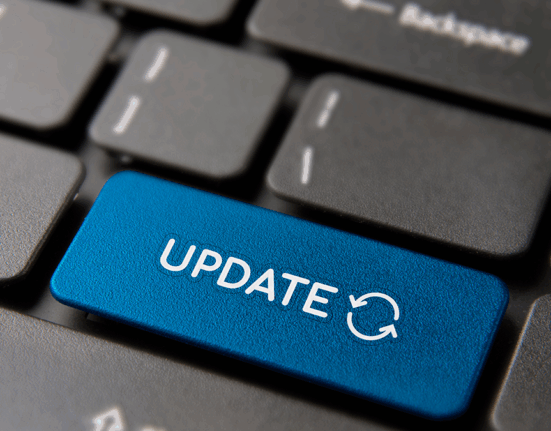By: Kerri Fitzgerald
A small phase 1 study published in The New England Journal of Medicine found that the investigational anti-CD19 armored chimeric antigen receptor (CAR) T-cell therapy huCART19-IL18 is promising for the treatment of lymphoma. This study assessed its use in a cohort of patients who relapsed after previous anti-CD19 CAR T-cell therapy.
Jakub Svoboda, MD, of the Abramson Cancer Center at the University of Pennsylvania, and colleagues included 21 patients with relapsed or refractory lymphoma who received huCART19-IL18 at dose levels ranging from 3×106 to 3×108. The next-generation CAR-T product was designed to secrete interleukin-18 to “enhance anti-tumor activity,” according to the authors.
They found that the safety profile was “consistent” with other CAR-T treatments. Most patients (62%) experienced cytokine release syndrome, and 14% experienced immune effector-cell–associated neurotoxicity syndrome. No other “unexpected” adverse events were reported.
CAR T-cell expansion was observed at all dose levels. At three months post-infusion, 81% of patients experienced a complete or partial response, while 52% experienced a complete response. After a median follow-up of 17.5 months, the median duration of response was 9.6 months.
The study is limited by its small patient population, the authors noted.
Low cell doses of huCART19-IL18 showed “promising efficacy” in patients with lymphoma who previously failed anti-CD19 CAR-T therapy, the authors concluded.
Reference
Svoboda J, Landsburg DJ, Gerson J, et al. Enhanced CAR T-cell therapy for lymphoma after previous failure. N Engl J Med. 2025;392(18):1824-1835. doi:10.1056/NEJMoa2c408771


